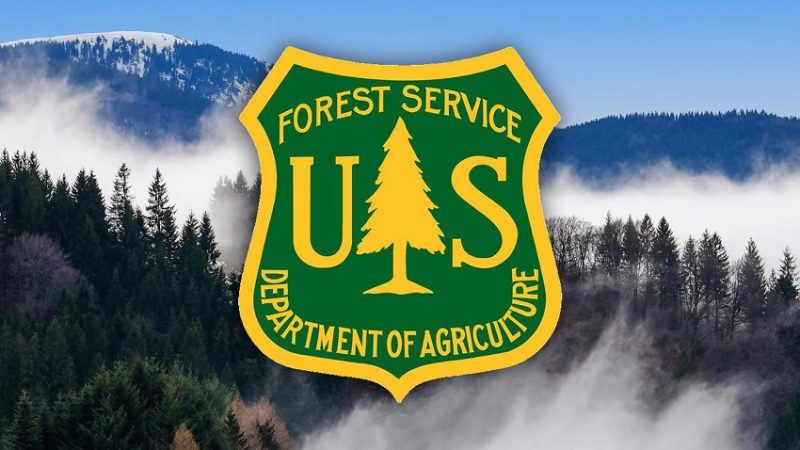Medford, OR – In a sweeping move to reduce the size of the federal government, the Trump administration has abruptly terminated the employment of approximately 4,400 U.S. National Parks and Forest Service workers across the country. The layoffs, which have taken place over the past several days, have affected employees in states such as Oregon and Washington, leaving many shocked and struggling to adjust.
Among those impacted is Liz Crandall, who worked as a permanent field ranger in the Deschutes National Forest in Oregon since November 2023. Having spent seven years working seasonally for the Forest Service prior to securing her permanent position, Crandall was left reeling after hearing about her termination. “It just came as a total shock,” she said, describing how workers received little to no notice of the layoffs.
Crandall, who had a deep passion for her work protecting the land, guiding visitors, and maintaining the forest, is now grappling with the sudden loss of her job. “I love what I do. I love protecting the land and being out in the forest, and talking to the public,” she shared. With her position now terminated, Crandall faces an uncertain future. “It’s very, very sad. I feel very sad, and very angry and just baffled by this entire situation,” she added.
The mass firings have sparked protests, with several hundred demonstrators gathering in Bellingham, Washington, to voice their anger over the cuts. Among the protesters was Chelsea Kollmar, a U.S. Forest Service worker who was also let go. “All the people I work with are like family. And just imagining not working with them anymore, it hurts,” Kollmar said, expressing the emotional toll the layoffs have taken on employees.
The layoffs not only impact workers but also have significant economic consequences for local communities. National parks, such as the North Cascades National Park near Mount Baker, brought in over $26 million to the local economy in 2023. Nationwide, U.S. national parks contributed $55.6 billion to the economy and supported more than 400,000 jobs. The loss of these workers jeopardizes the continued maintenance of these valuable public resources.
As the situation unfolds, the immediate effects of the layoffs are already being felt by visitors. In Washington, signs at Snoqualmie Pass show that certain trailheads are closed due to the firings. Former employees in Oregon have warned that similar disruptions are likely to follow, with campgrounds failing to open, trailheads left unattended, and essential services like toilets potentially being locked.
“These cuts are going to leave a serious impact,” Crandall warned. “Campgrounds are not going to be opening; trailheads are going to not be maintained. Toilets might be locked.” The national parks, cherished by millions of visitors each year, now face the uncertain challenge of coping with the reduction in workforce, raising questions about the future of public lands and the vital services they provide to the American public.

